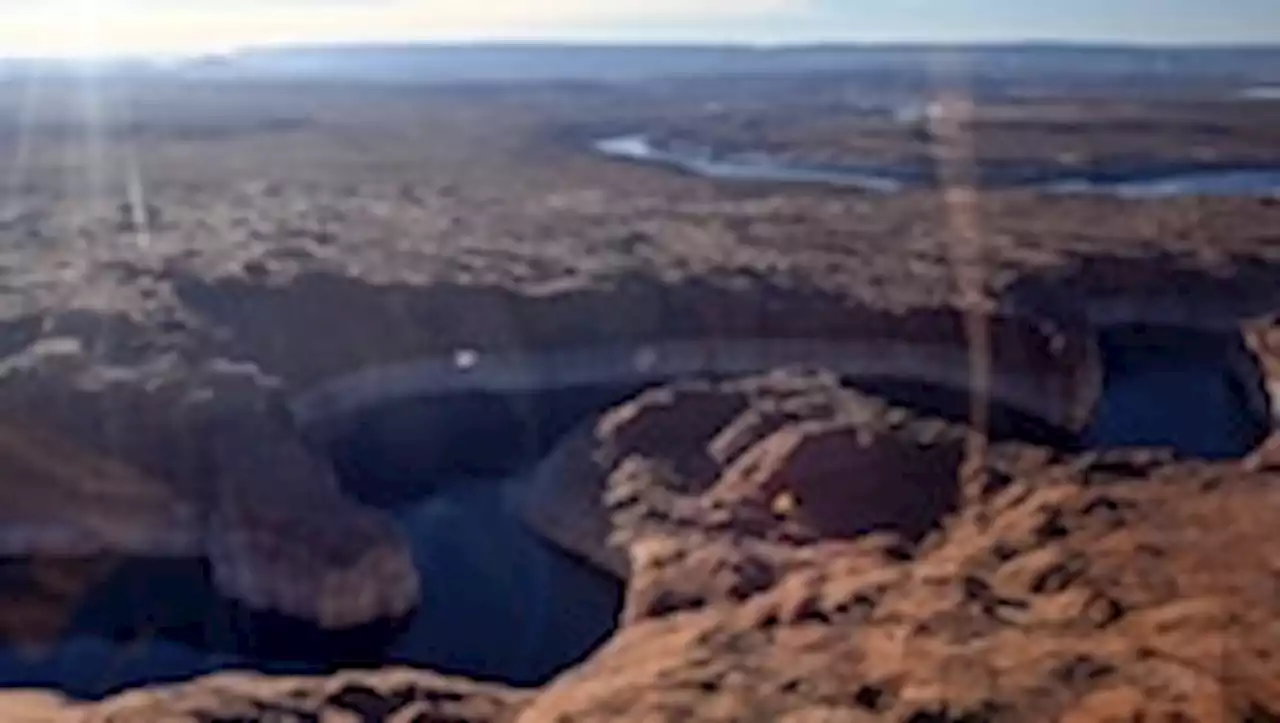In a 5-4 decision, Justice Brett M. Kavanaugh said an 1868 peace treaty between the United States and the Navajos does not require the federal government to take any “affirmative steps” to secure water rights on behalf of the tribe from the Colorado River.
“[I]t is not the Judiciary’s role to rewrite and update this 155-year-old treaty,” Kavanaugh wrote. “Rather, Congress and the President may enact — and often have enacted — laws to assist the citizens of the western United States, including the Navajos, with their water needs.”Justice Neal M. Gorsuch, a former federal judge from Colorado who has emerged during his time on the high court as its most outspoken advocate for Indian tribes.
The Navajo lawsuit sought to make the federal government “determine the water required to meet the needs” of the reservation and “devise a plan to meet those needs,” Kavanaugh wrote. The government resisted, and Arizona, Nevada, Colorado and some water districts in California intervened to protect their shares of water.
Kavanaugh said the treaty was very explicit about some things the United States must supply the Navajo — schools, a chapel, a blacksmith shop, plants and seeds, and livestock — “but the treaty said nothing about any affirmative duty for the United States to secure water.”
United States Latest News, United States Headlines
Similar News:You can also read news stories similar to this one that we have collected from other news sources.
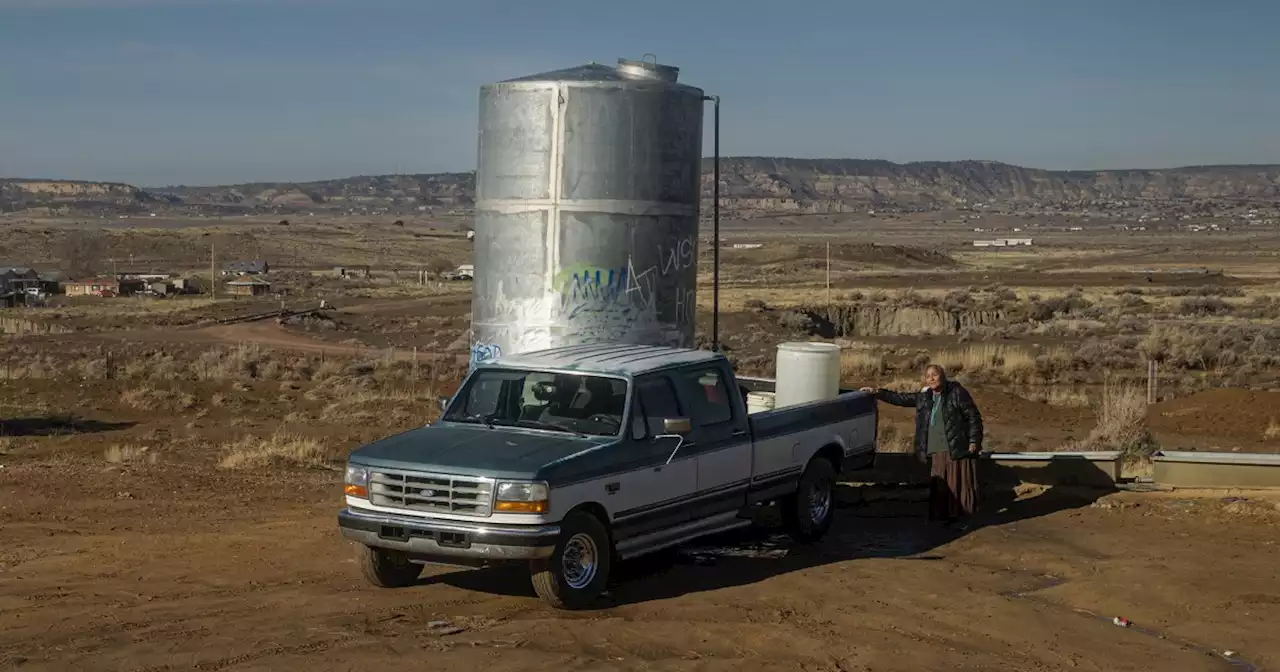 Supreme Court rules against Navajo Nation in water rights disputeNEW: Supreme Court rules against Navajo Nation over claims that the federal government left tribe members on arid lands and desperate for water access.
Supreme Court rules against Navajo Nation in water rights disputeNEW: Supreme Court rules against Navajo Nation over claims that the federal government left tribe members on arid lands and desperate for water access.
Read more »
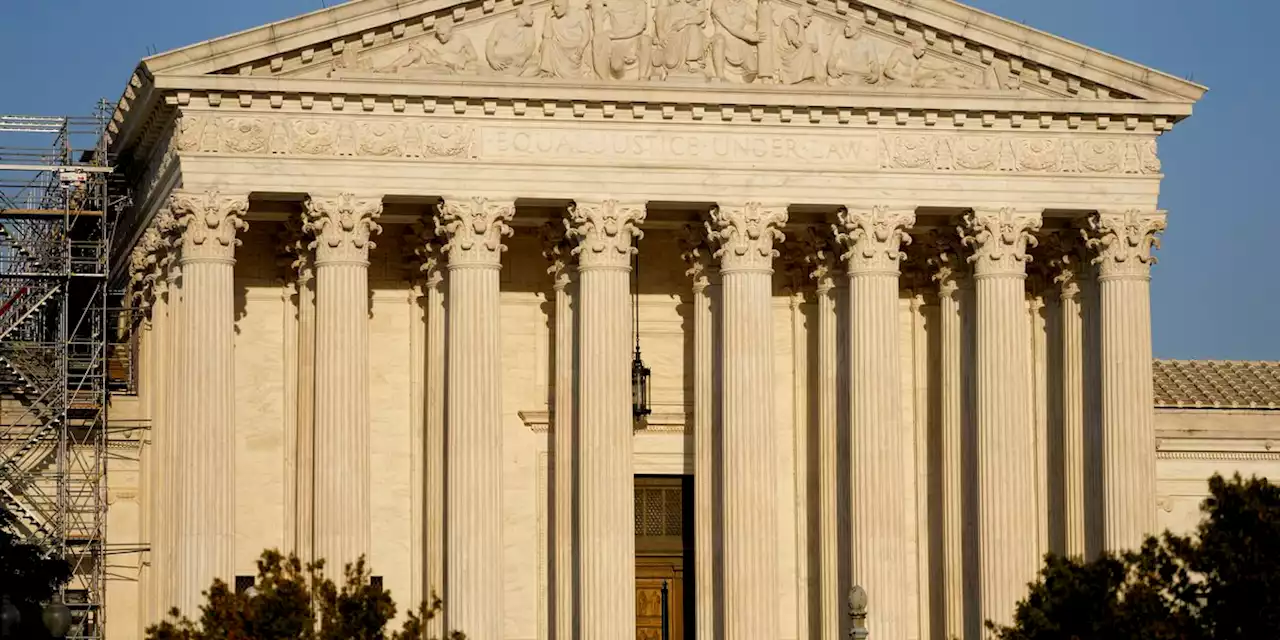 Supreme Court rules against Navajo Nation in Colorado River water rights caseThe Supreme Court ruled against the Navajo Nation on Thursday in a dispute involving water from the drought-stricken Colorado River.
Supreme Court rules against Navajo Nation in Colorado River water rights caseThe Supreme Court ruled against the Navajo Nation on Thursday in a dispute involving water from the drought-stricken Colorado River.
Read more »
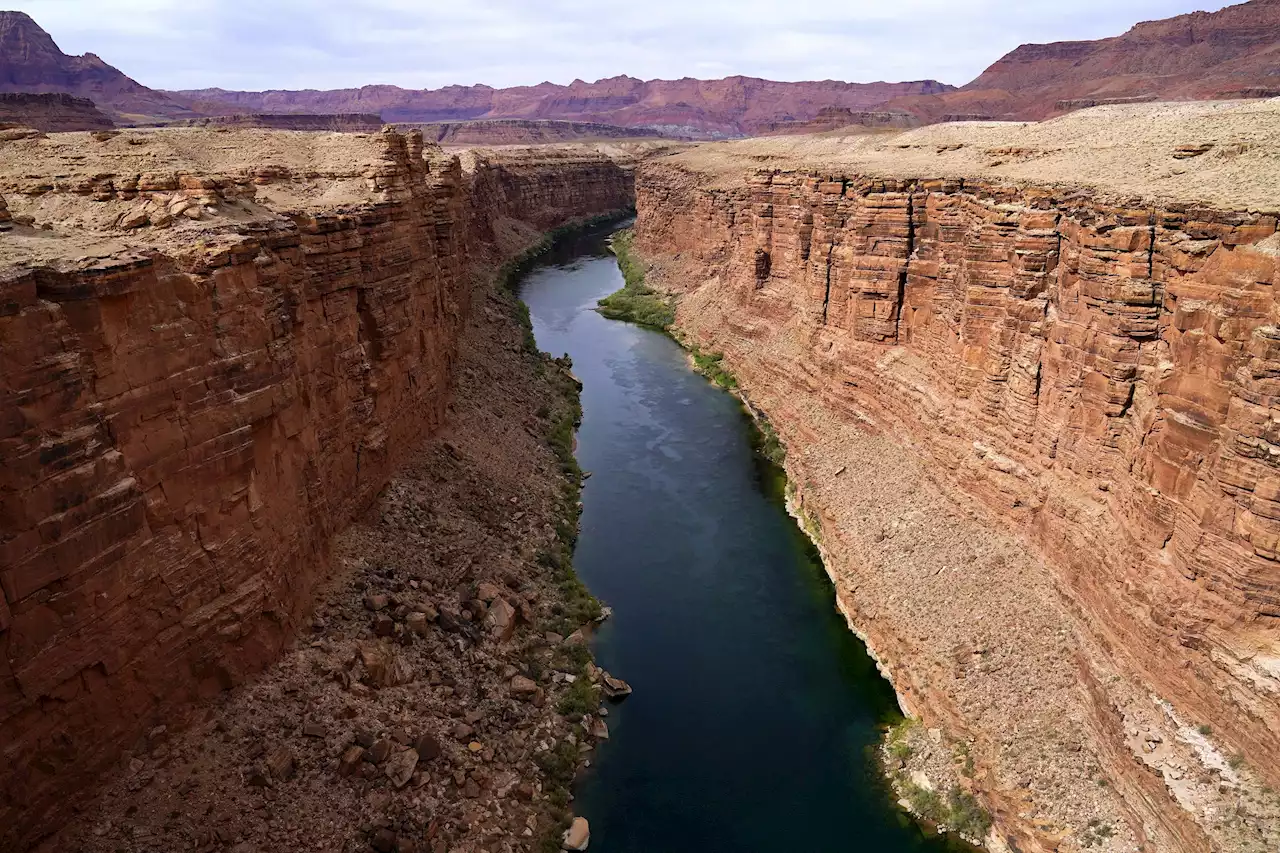 Supreme Court rules against Navajo Nation in Colorado River water rights caseThe Supreme Court has ruled against the Navajo Nation in a dispute involving water from the drought-stricken Colorado River. States that draw water from the river — Arizona, Nevada and Colorado — and water districts in California had urged the court to decide for them, and that's what the justices did in a 5-4 ruling. Colorado had argued that siding with the Navajo Nation would undermine existing agreements and disrupt the management of the river. The Biden administration said that if the court were to come down in favor of the Navajo Nation, the federal government could face lawsuits from many other tribes.
Supreme Court rules against Navajo Nation in Colorado River water rights caseThe Supreme Court has ruled against the Navajo Nation in a dispute involving water from the drought-stricken Colorado River. States that draw water from the river — Arizona, Nevada and Colorado — and water districts in California had urged the court to decide for them, and that's what the justices did in a 5-4 ruling. Colorado had argued that siding with the Navajo Nation would undermine existing agreements and disrupt the management of the river. The Biden administration said that if the court were to come down in favor of the Navajo Nation, the federal government could face lawsuits from many other tribes.
Read more »
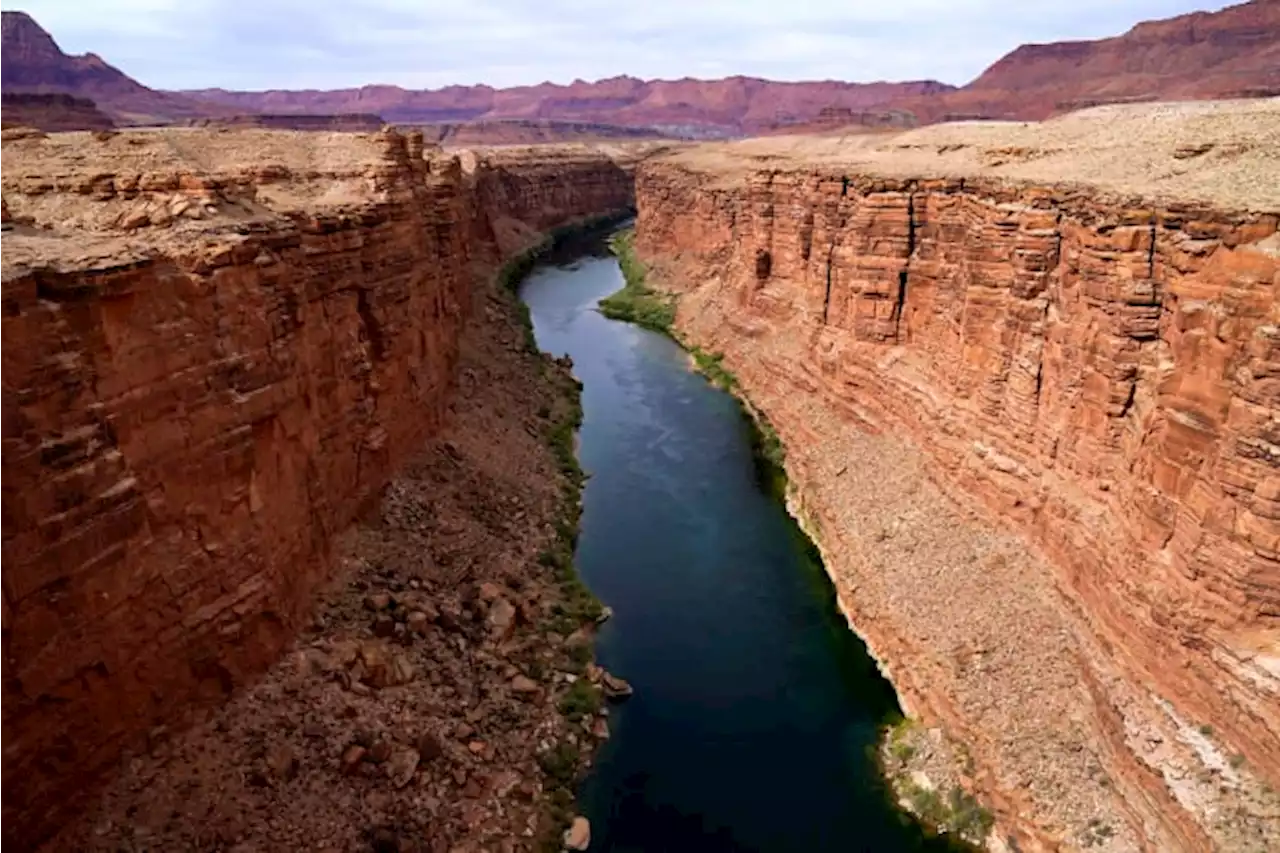 Supreme Court rules against Navajo Nation in Colorado River water rights caseThe Supreme Court has ruled against the Navajo Nation in a dispute involving water from the drought-stricken Colorado River.
Supreme Court rules against Navajo Nation in Colorado River water rights caseThe Supreme Court has ruled against the Navajo Nation in a dispute involving water from the drought-stricken Colorado River.
Read more »
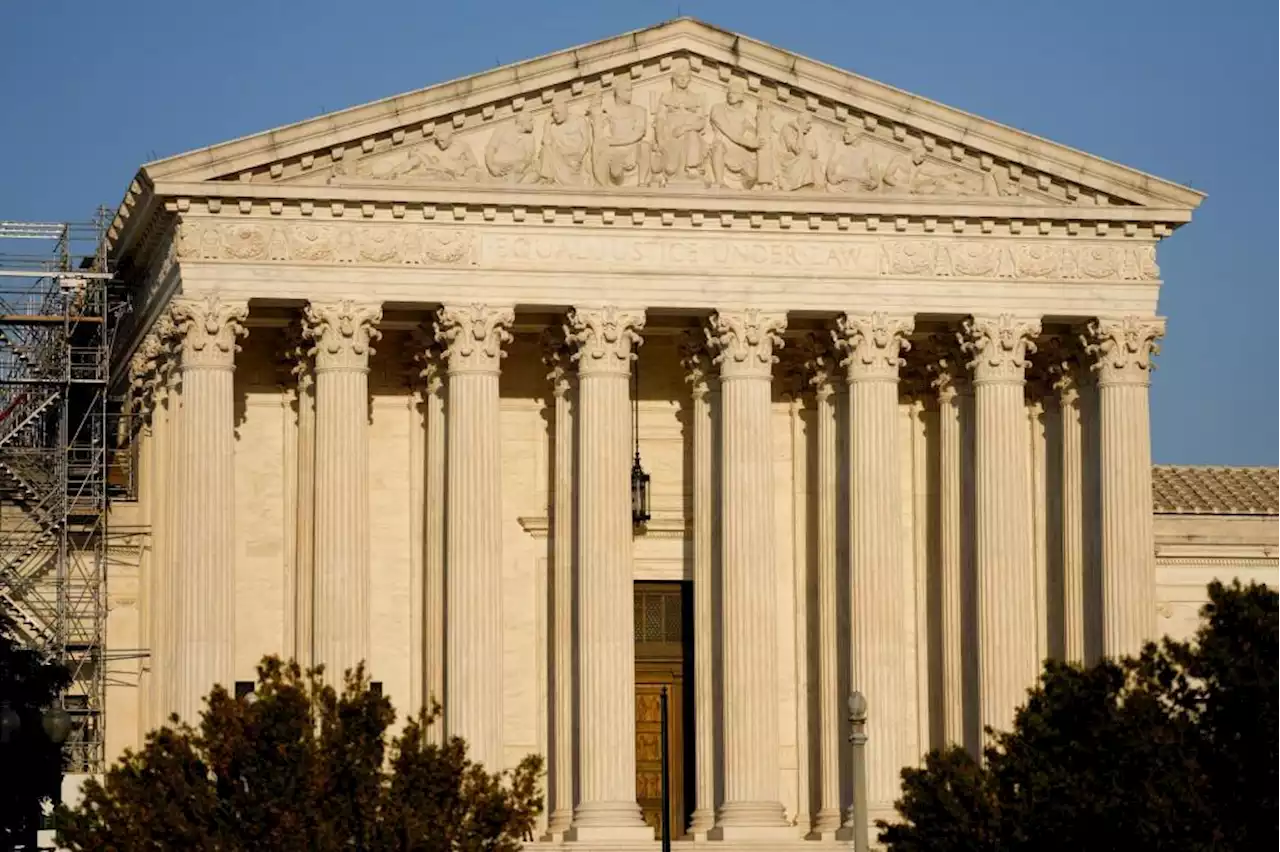 Supreme Court rules against Navajo Nation in Colorado River water rights caseThe facts of the case go back to treaties that the tribe and the federal government signed in 1849 and 1868.
Supreme Court rules against Navajo Nation in Colorado River water rights caseThe facts of the case go back to treaties that the tribe and the federal government signed in 1849 and 1868.
Read more »
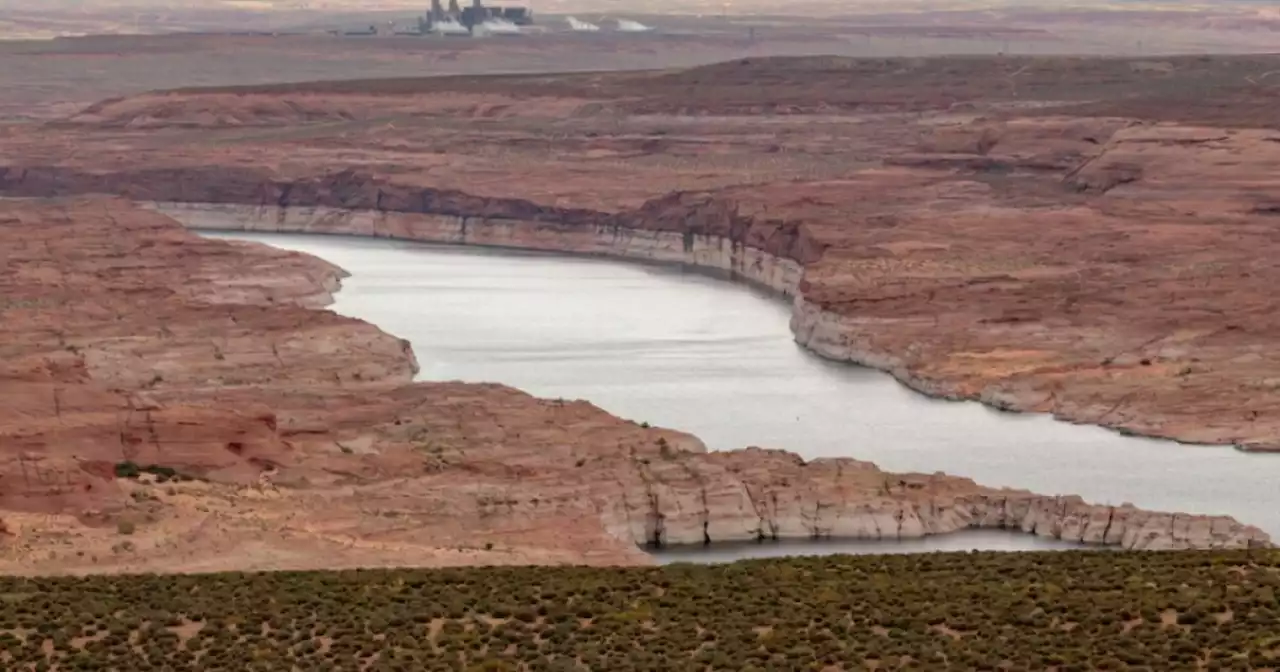 US not required to help Navajo Nation access water, Supreme Court saysBREAKING The federal government is not required to provide access to the Colorado River to residents of the Navajo Nation Reservation, the Supreme Court ruled in a 5-4 decision Thursday.
US not required to help Navajo Nation access water, Supreme Court saysBREAKING The federal government is not required to provide access to the Colorado River to residents of the Navajo Nation Reservation, the Supreme Court ruled in a 5-4 decision Thursday.
Read more »
